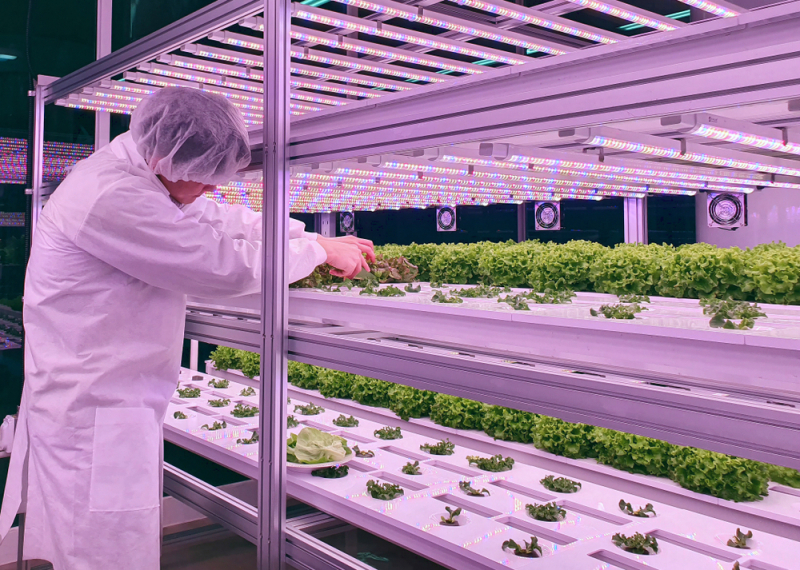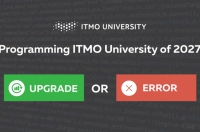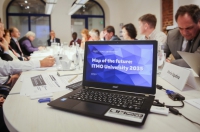Most consumers want to be sure that the food on their plates is of good quality and responsibly grown. For many, it is also important to know what happens to the packaging once its contents are consumed.
More and more governments and international organizations are voicing their concerns with the issue of global hunger. At the same time, the amount of food that ends up in the waste in developed countries due to lack of demand even before its expiry date also poses a challenge for both the economy and the environment.
All of that leads experts to gradually reconsider the process of food production. The concept of FoodNet is coming to replace the idea of separate branches of economy, such as agroindustry, logistics, trade, and the food service industry. FoodNet brings them all together: from the development of brand-new products such as artificial meat to creating personalized nutrition apps; from growing agricultural products to recycling chocolate bar wrappers.
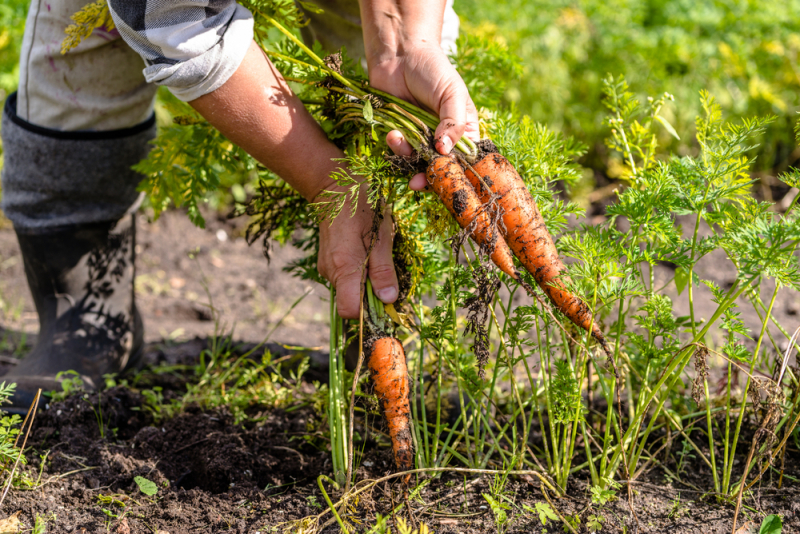
“It is impossible to follow today’s environmental, technological, and economic trends without having an understanding of such an ecosystem,” explains Olga Orlova, head of the Digitalization of Food Technologies group at ITMO’s Infochemistry Scientific Center. “More and more people are starting to realize that we need to care for the planet, be more careful about our use of natural resources, and reduce waste. All of this is impossible to achieve without a closed cycle concept of a product’s life — from raw materials to waste utilization. We want to be able to scan a QR code on a package and learn where the product comes from and how its wrapping will be recycled. That was the very reason FoodNet came to be — to unite all fields connected to food products.”
Roadmap
The concept behind FoodNet came to Russia around seven years ago, and now its development is one of the tasks to be solved by the National Technological Initiative (NTI). For this purpose, the NTI team created a special roadmap, and have recently presented its vision statement. Olga Orlova was part of the team that designed the statement.
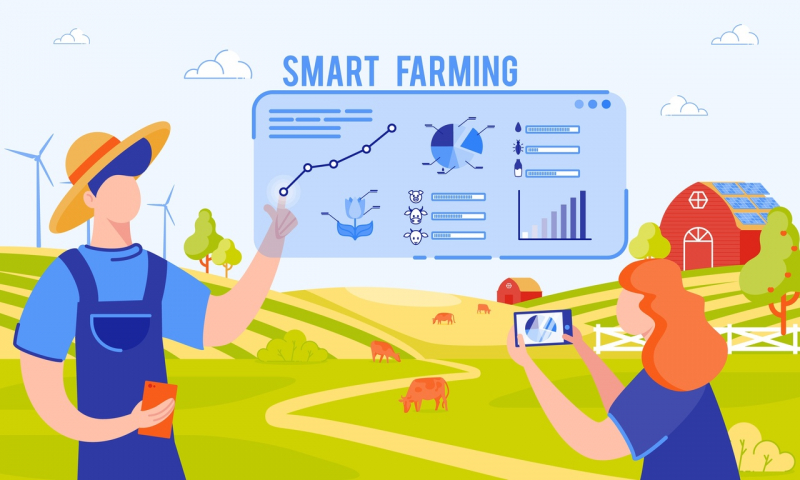
According to her, the foresight team included representatives of businesses, universities, and research centers, as well as administrative and government bodies.
“I was invited as both an ITMO researcher and a business representative, namely the CEO of BioRitm,” explains Olga Orlova. “We spent the whole summer developing the roadmap over Zoom. Apart from general meetings for the whole team, we also split into smaller teams. Mine worked with personalized nutrition. We also invited the leading experts in the field as consultants on particular issues. Apart from that, we exhaustively studied other segments of the market. As a result, we became very close and still keep in touch and collaborate on various projects.”
As a result, the vision statement was not only approved by the Russian Ministry of Industry and Trade, but also by business representatives. This meant that the team successfully defended their concept, which analyzes the current state of FoodNet in Russia and suggests the next steps of its development.
The Government of St. Petersburg named FoodNet, along with hydrogen energy, one of its key priorities in the development of the high tech market. Currently, the FoodNet foresight team is helping the city tackle the outlined tasks.
“According to our roadmap, the FoodNet market will be divided into metasegments: alternative food and raw materials sources; smart and high-output agriculture; smart delivery chains; biological and organic agriculture; personalized and specialized nutrition,” adds Olga Orlova. “Brought together, these segments comprise the whole cycle — from materials production to waste recycling.”
What ITMO brings to the table
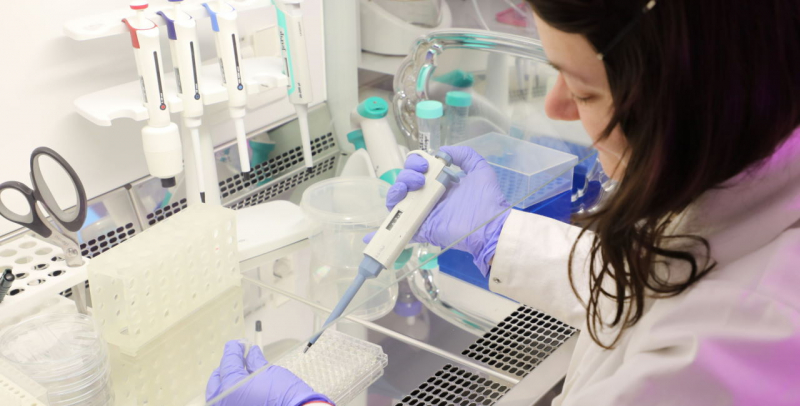
In Prof. Orlova’s opinion, ITMO University can take part in various projects of all segments within the FoodNet market. Moreover, it can serve as a research and education center as well as a lab complex. She also adds that the university would be a perfect location for a new FoodNet Competence Center.
ITMO is one of the few universities that possess practically all of the competencies needed to accomplish goals outlined in the road map, says Olga Orlova. The document states that further development of the FoodNet market in Russia will require application of big data, blockchain, new materials, automated 3D printing, and other technologies that are being actively improved upon at ITMO University.
“IT, devices, lab research, chemistry, technological entrepreneurship, various quality control technologies, including photonic ones – we’ve got it all. This year, the Infochemistry Scientific Center took in its first batch of Master’s students who will study at the intersection of sciences and use information technologies at the molecular level in chemical systems – including nutritional ones. The graduates will be prepared to tackle challenges of personalized medicine and nutrition by operating at a new level of collection and analysis of big data; to study model systems; and to employ the principles of synergetics in their work,” she says.
In 2021, the center will also begin accepting applications to its new Bachelor’s degree program in biochemistry. This program, too, will aim to train top-tier specialists with an interdisciplinary understanding of complex systems.
Getting the word out
Once the vision statement receives approval, its key tenets will be showcased at various venues in order to find as many potential business partners in the FoodNet field as possible. One such platform was the Business Without Borders online convention, during which all of the NTI’s road maps were presented to members of the various communities interested in the development of Russia’s tech markets.
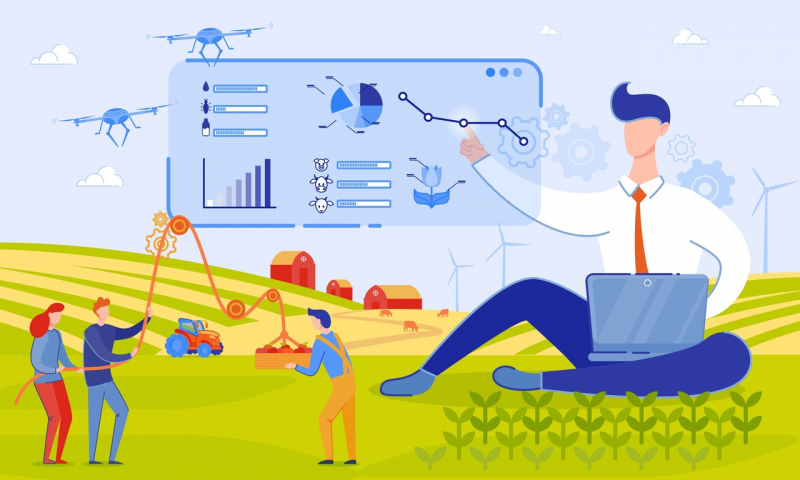
“The event’s goal was to showcase the road maps to all of Russia’s regions and federal districts,” explains Olga Orlova. “Every day, a new district. The forum included panel talks, roundtable discussions, and pitch sessions held in various regions of the country. Any entrepreneur, even a student, could join a pitch session to talk about their project and receive feedback; for our part, we’d include them into our database for the purpose of future collaboration. Almost all members of our work group took part in all days of the event, providing us with a comprehensive understanding of the big picture: all the projects, all the scientific and industrial advances in FoodNet around the country.”
In the near future, the St. Petersburg Government Committee for Industrial Policy, Innovations and Trade will also organize events in support of the development of FoodNet.
On December 18, the Tochka Kipeniya (“Boiling Point”) coworking space will host an online event during which the FoodNet vision statement will be presented to members of the city’s student, science, and business communities. As Prof. Orlova points out, the event will include discussions of the project’s framework and the direction in which it will develop. In addition, representatives of the industry and various universities will showcase their own projects.
